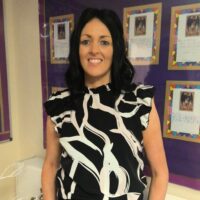Assessment in the Early Years Foundation Stage (EYFS)
National Framework
In the Early Years Foundation Stage (EYFS), assessment is a critical component to ensure that children receive the best possible start to their education. Nationally, the assessment framework for EYFS is designed to support children’s development and learning by providing a clear structure for measuring progress and identifying areas where additional support may be needed.
The EYFS Profile
The primary national assessment tool for children in the EYFS is the EYFS Profile. The EYFS Profile is completed in the final term of the year in which the child turns five, typically at the end of the Reception year. This assessment summarises and describes children’s attainment at the end of the EYFS.
Areas of Learning
The EYFS Profile assesses children’s achievements in the following areas:
- Communication and Language
- Listening and Attention
- Understanding
- Speaking
- Physical Development
- Moving and Handling
- Health and Self-Care
- Personal, Social, and Emotional Development
- Self-Confidence and Self-Awareness
- Managing Feelings and Behaviour
- Making Relationships
- Literacy
- Mathematics
- Numbers
- Shape, Space, and Measures
- Understanding the World
- People and Communities
- The World
- Technology
- Expressive Arts and Design
- Exploring and Using Media and Materials
- Being Imaginative
Early Learning Goals (ELGs)
For each area of learning, there are specific Early Learning Goals (ELGs) which set out the expected level of development that most children should reach by the end of the EYFS. Teachers assess each child against these goals, determining whether they are:
- Emerging: not yet reaching the expected level.
- Expected: meeting the expected level.
The Reception Baseline Assessment (RBA)
Starting in the academic year 2021/2022, the Reception Baseline Assessment (RBA) was introduced as a statutory assessment for all children in Reception. This assessment takes place within the first six weeks of children starting school and serves as a baseline to measure the progress children make from the start of Reception to the end of Key Stage 2.
Key Features of the RBA
- Focus Areas: The RBA focuses on early literacy, communication, and mathematics skills.
- Format: It is a short, interactive assessment carried out one-on-one with a teacher or practitioner.
- Purpose: The RBA is not intended to provide a comprehensive picture of a child’s abilities but to establish a starting point for measuring progress throughout primary school.
- Non-Obtrusive: Designed to be a low-pressure assessment, it fits seamlessly into the child’s normal school day.
The results of the RBA are used to create a baseline measure for each child, which will help track their progress across their primary education journey. These results are not shared with parents or used to label or track individual children within the school.
Observational Assessment
A key aspect of EYFS assessment is observational assessment. Our staff observe children as they act and interact in their play, everyday activities, and planned activities, and they use these observations to understand each child’s development and learning needs. Observational assessment is continuous and forms the basis of the formative assessment process.
Formative Assessment
Formative assessment is integral to the EYFS. It involves practitioners using their observations to inform planning and to create a responsive learning environment. This ongoing process helps to tailor the learning experiences to meet the individual needs of each child, supporting their development in all areas of learning.
Summative Assessment
In addition to the formative assessments, the EYFS Profile provides a summative assessment at the end of the Reception year. This summative assessment provides parents, practitioners, and teachers with a well-rounded picture of a child’s knowledge, understanding, and abilities as they prepare to transition into Key Stage 1 (KS1).
Reporting to Parents
Parents are provided with a written summary of their child’s attainment against the ELGs, along with commentary on the characteristics of effective learning. This report helps parents understand how their child is progressing and provides them with insights into how they can support their child’s learning at home.
Implementation in Our School
At our school, we are committed to implementing the EYFS assessment framework effectively to support every child’s learning journey. Our approach includes:
- Regular Observations: We conduct regular observations to capture children’s achievements and inform our planning.
- Parental Involvement: We actively involve parents in the assessment process through regular updates, meetings, and sharing of the EYFS Profile.
- Professional Development: Our staff engage in continuous professional development to ensure they are skilled in conducting accurate and meaningful assessments.
- Inclusive Practices: We tailor our assessment practices to ensure they are inclusive and cater to the diverse needs of all our children.
By adhering to the national EYFS assessment framework, including the RBA, and implementing best practices within our school, we strive to provide a supportive and enriching learning environment that promotes the holistic development of every child.


